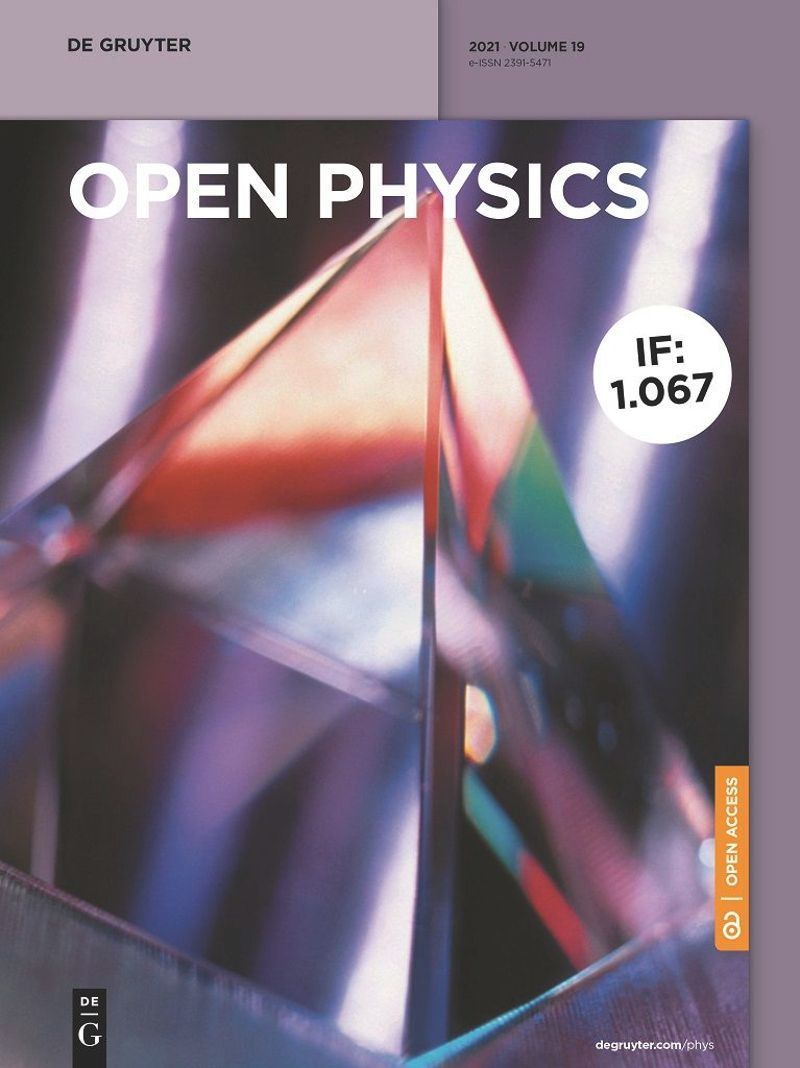A Physicist Experiments With Cultural Studies

“Sokal affair” is the name given to an article that a physics professor from NYU submitted to Social Text, a high-impact journal for postmodern cultural studies. Sokal wanted to test the editors’ preconceptions of physics, postmodernism, and cultural studies. In the process, Sokal became an international media sensation. He is still widely regarded as a brilliant and innovative thinker, but the “Sokal affair” continues to stir controversy.
Physicist experiments with cultural studies
Physicist Alan Sokal has been exploring the interrelationships between human culture and science. While his research is not well known, his efforts have gained a measure of fame. He has been the subject of many academic articles, including a recent one about the Sokal hoax. The physicist believes that the existence of an external world is a necessary prerequisite to understanding the universe.
In 2002, a physicist named Alan Sokal published an essay in the prestigious postmodern cultural studies journal, Social Text. In the article, he quoted hip theorists and used poststructuralist jargon to make his case that gravity was fiction and that science needed to be freed from ideologic blinders. Despite its parody nature, the article made the front page of the New York Times, igniting a national debate.
Derrida’s critique of Sokal
Sokal’s “magic bullet” wasn’t peer-reviewed. The editors of Social Text didn’t consult external physicists to review his work. And Sokal himself refused to accept the editors’ edits, proving that peer-review is necessary. But the Sokal Affair was more than a mere spoof. The article itself was a critique of postmodernism, a critical theory of knowledge.
The book, Sokal’s Critique of Postmodernity, received a lot of attention after the so-called Sokal hoax was published in the U.S., particularly a weekly magazine. The physicist’s action was condemned by Derrida as “sad, triste, and a waste of the chance to sort out scientific objectivity.”
Stolzenberg’s critique of Sokal
In a recent article, mathematician Gabriel Stolzenberg criticizes the postmodernists as self-proclaimed defenders of reason and science. Stolzenberg argues that claims that postmodernists are incomprehensible are based on an insufficiently attentive reading of their texts. He also argues that a critical reading of philosophy involves more than simply pointing out flaws in the logic of the text.
The Sokal controversy spilled over into mainstream media, and commentators were split over the consequences of this controversy. One commentator, Bruno Latour, called it “a tempest in a tea cup.” But for all the controversy, Stolzenberg argues that Sokal and his colleagues are misrepresenting the philosophical positions that they are defending. Moreover, he argues that there is a fundamental flaw in Sokal’s critique.
Alan Sokal’s “Sokal affair”
It is interesting to note the range of targets that Sokal addresses in his satirical essay “Sokal affair” (Alan Sokal’s eponymous blog). Some of the target audiences include the intellectuals of the eponymous journal and a group of postmodernists, who surf the avant garde fields and argue that experience is random and fragmentary. Postmodernists see nature as a social construction, while cultural critics see science as tainted with racism and sexism.
The editors of Social Text believed that sane working physicists would adopt the positions that Sokal satirizes. In fact, the editors defended Sokal’s decision to publish the article, arguing that he was simply trying to find affirmation from postmodern philosophy. Sokal’s “Sokal affair” exposes this insidious practice. But how can the editors of Social Text justify publishing such an amoral and deceptive piece?




Leave a Reply